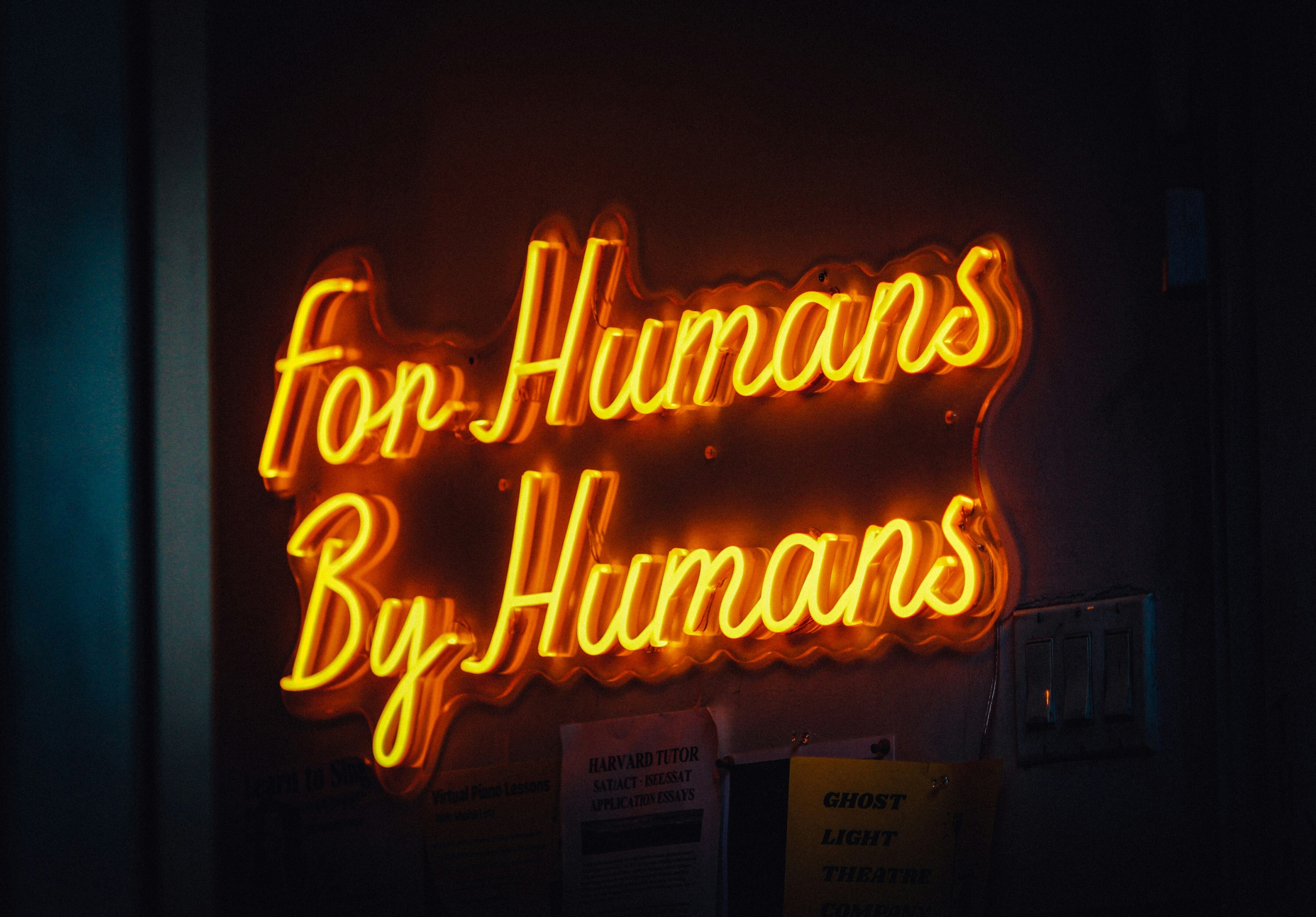The Reskilling Revolution is upon us — by 2030, 1 billion people will be equipped with the skills of the future

The demand for people equipped with renewable energy engineering skills is only set to grow as the global fight against climate change picks up pace.
Image: REUTERS/Benoit Tessier (FRANCE - Tags: ENERGY BUSINESS CONSTRUCTION ENVIRONMENT)
Stay up to date:
Future of Work
Listen to the article
- Traditional education systems are struggling to prepare students for a future of rapidly changing work demands.
- This is a particularly acute problem in the developing world, where high unemployment is a key issue.
- Because of this, the World Economic Forum’s Reskilling Revolution aims to provide better education, skills and economic opportunities to 1 billion people by 2030.
From Artificial Intelligence to climate technology, the world is changing at a dizzying pace.
Economic and geopolitical trends have created divergent outcomes for labour markets globally, with high-income countries experiencing tight labour markets and low- and middle-income countries facing higher unemployment than before the pandemic. As job markets evolve, workers with basic education levels and women are grappling with lower employment levels, and real wages are declining.
Traditional education systems are struggling to prepare students for a future of rapidly changing work demands.
Skill Accelerators and the Reskilling Revolution
It's time to focus on an ecosystem that "constantly requalifies employees and creates jobs for young people" in a world of technological change.
”There is, however, a way forward: Skills Accelerators. Launched three years ago, the World Economic Forum’s Reskilling Revolution aims to provide better education, skills and economic opportunities to 1 billion people by 2030. It brings together a global network of governments and businesses committed to systems change on skilling, reskilling and upskilling.
That’s where the Forum's Skills Accelerator network comes in. This initiative provides a framework for public-private collaboration to identify, support and reduce fragmentation of actions to build a more resilient and equitable economy and supercharge the skills of the global workforce.
After 7 years of collaboration with its partners, the Forum has completed a major survey and analysis of the progress of its accelerator partners. One thing is clear: it’s time to move beyond the old ways of thinking about education and employment.
The Accelerators Network has already mobilized $19.5 million in funding and involved 12 skills accelerators, 24 committed ministers and over 150 committed CEOs. Through multi-stakeholder policy dialogues, the model has reached more than 30 million people, and the initiative has received strong support from its members, who recognise the urgency of equipping the workforce with necessary skills for the future.
We’ve known for a while that the Fourth Industrial Revolution demands a fresh, skills-based approach to talent pipelines. This is exactly why the Forum’s Skills Accelerator is focused on practically reshaping the way people, companies and education providers learn, work, hire and train.
Building a versatile workforce
Skills are now the "common currency" that will drive continual upskilling and reskilling efforts.
”From Singapore to Bahrain and Georgia, leaders across the Forum’s accelerator network are embracing and experimenting with new ways to create a versatile workforce that can adapt to the ever-changing landscape of business and technology.
As a global movement where the quality of ideas is a key driver of progress, innovation-hungry countries like Bahrain are leading the charge. Recognising the power of the Fourth Industrial Revolution, they've leveraged their tech-savvy workforce to transform their economy, embracing sectors like cloud computing and fintech.
For them, the question isn’t why or what — it’s how to make this happen. And global leaders are increasingly on the same page in this regard.
For Dr Gog Soon Joo, Chief Skills Officer of Skills Future from Singapore, skills are now the "common currency" that will drive continual upskilling and reskilling efforts. If forward-thinking countries can successfully combine all the benefits of traditional education with the dynamics of rapid skill development, they will experience a radical shift and build more diverse, equitable and resilient workforces that are ready to tackle the challenges of the future.
This is exactly what the Forum’s skills accelerator network is helping to close the gap between what the job market needs and what national and international workforces can offer.
Parwaaz, Pakistan's Skills Accelerator, identified six priority sectors for employment growth and technological change. The largest employers recognised 129 occupations for reskilling, upskilling and new skilling through industry-level councils. 1,000 Pakistani youth have been trained and employed through sector-level skills incubators in ICT, financial services and textiles.
According to Mohammad Aurangzeb, President and CEO of HBL (Habib Bank Limited), “Parwaaz provides a platform to equip the financial sector with necessary skills to tackle current challenges and accelerate change. Being part of the team to enhance the Pakistani workforce's employability is rewarding. Learning from the Forum’s best practices can speed up this transformation.”
Learning and relearning the skills of the future
"We must work together to leverage isolated efforts, connect people and opportunities, and broaden expected outcomes."
”Countries like Türkiye and Brazil are already seeing the benefits, as the Accelerator fosters a culture of constant learning and requalification that ensures no one is left behind in the race for success.
These sentiments are echoed by Rafael Lucchesi Ramacciotti, General Director of SENAI (National Service of Industrial Training), in Brazil, who argues that "we must work together to leverage isolated efforts, connect people and opportunities, and broaden expected outcomes."
H.E. Isa Ali Ibrahim Pantami, Nigeria's Minister for the Digital Economy, said: "We have taken deliberate steps to promote the acquisition of skills, rather than just degrees. Our National Digital Economy Policy and Strategy has an entire pillar that focuses on Digital Literacy and Skills, to underscore its level of importance in the development of our digital economy."
Accelerator programmes see success when they focus on helping young people ride the wave of technological progress, instead of being swept away by it. Türkiye’s Minister of Industry and Technology, Mustafa Varank, puts it succinctly: It's time to focus on an ecosystem that "constantly requalifies employees and creates jobs for young people" in a world of technological change.
A comprehensive reskilling revolution can help us circumnavigate the potential pitfalls of technological advancements, economic challenges and the green transition across different industries and job categories. It must prioritise the development of critical skills such as analytical thinking, creative thinking and resilience, as well as prepare workers to fill roles in high demand moving forward: data analysts, Artificial Intelligence specialists and renewable energy engineers, to name but a few.
By connecting ideas, policies and opportunities across the world, the Forum’s Skills Accelerator is redefining what it means to be part of the global workforce.
By uniting efforts across the public and private sectors and embracing a skills-based approach, the accelerators are not just preparing people for the jobs of tomorrow — they are empowering them to shape the world we live in.
Accept our marketing cookies to access this content.
These cookies are currently disabled in your browser.
Don't miss any update on this topic
Create a free account and access your personalized content collection with our latest publications and analyses.
License and Republishing
World Economic Forum articles may be republished in accordance with the Creative Commons Attribution-NonCommercial-NoDerivatives 4.0 International Public License, and in accordance with our Terms of Use.
The views expressed in this article are those of the author alone and not the World Economic Forum.
Forum Stories newsletter
Bringing you weekly curated insights and analysis on the global issues that matter.
More on Education and SkillsSee all
Laurel Taylor
August 18, 2025
Antara Choudhury and Vivin Rajasekharan Nair
August 14, 2025
Rawan bint Najeeb Tawfeeqi
August 11, 2025
Neeti Mehta Shukla
August 1, 2025
Naoko Tochibayashi
July 30, 2025





